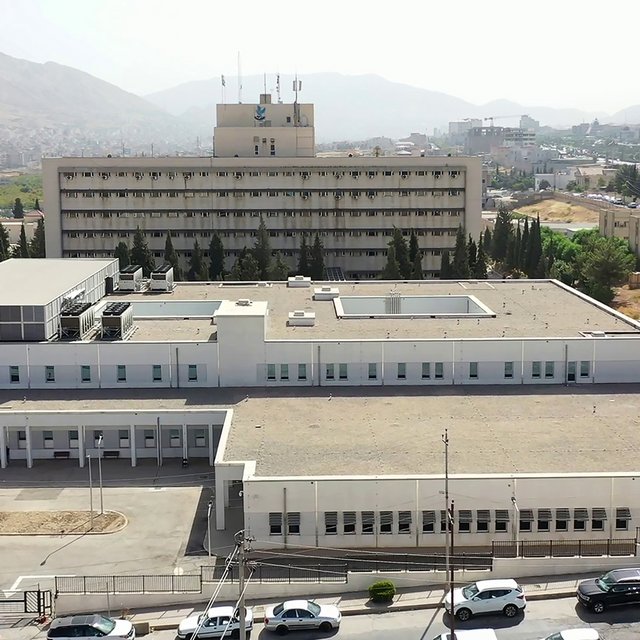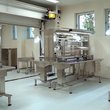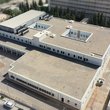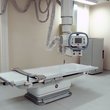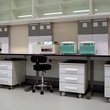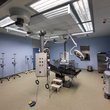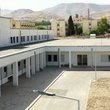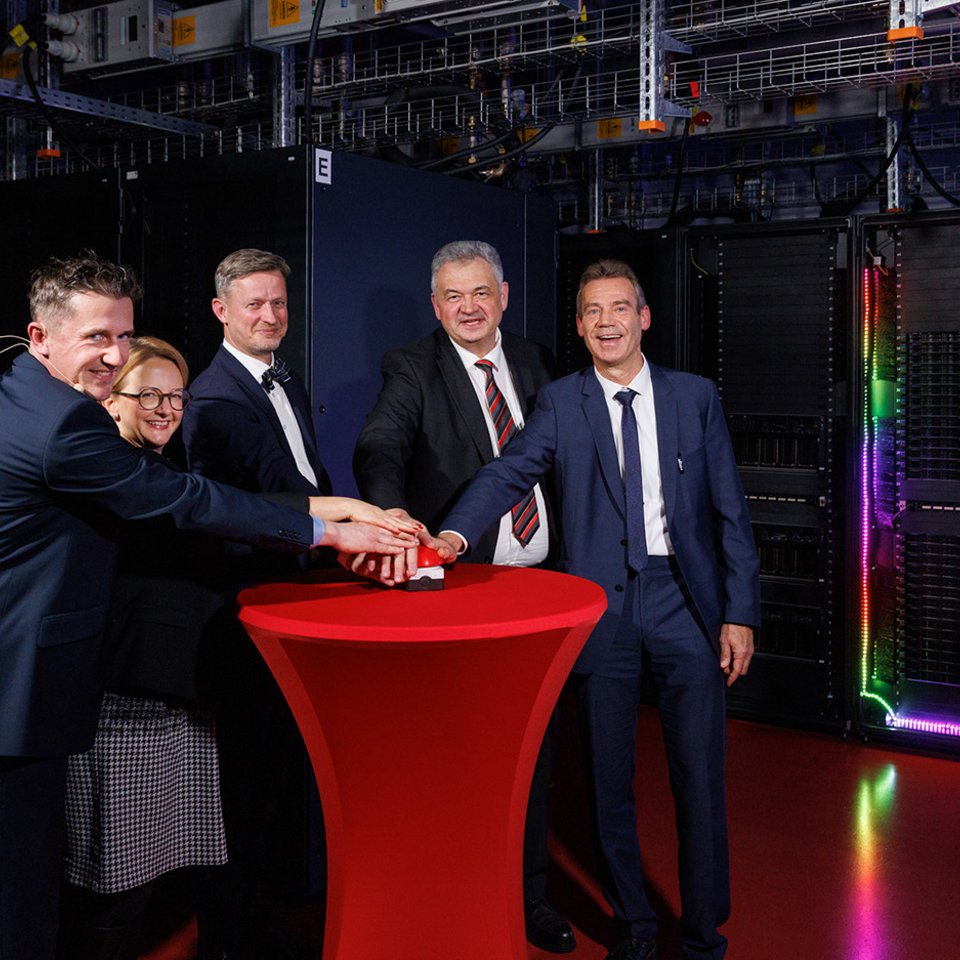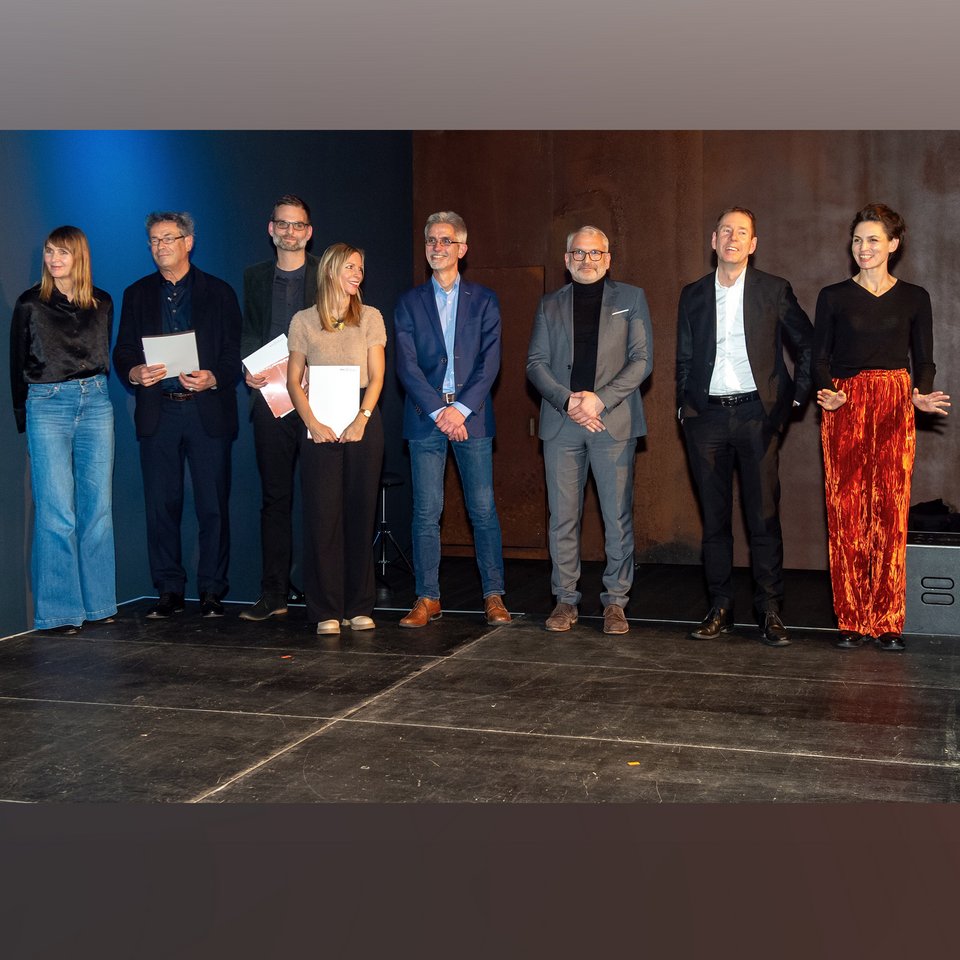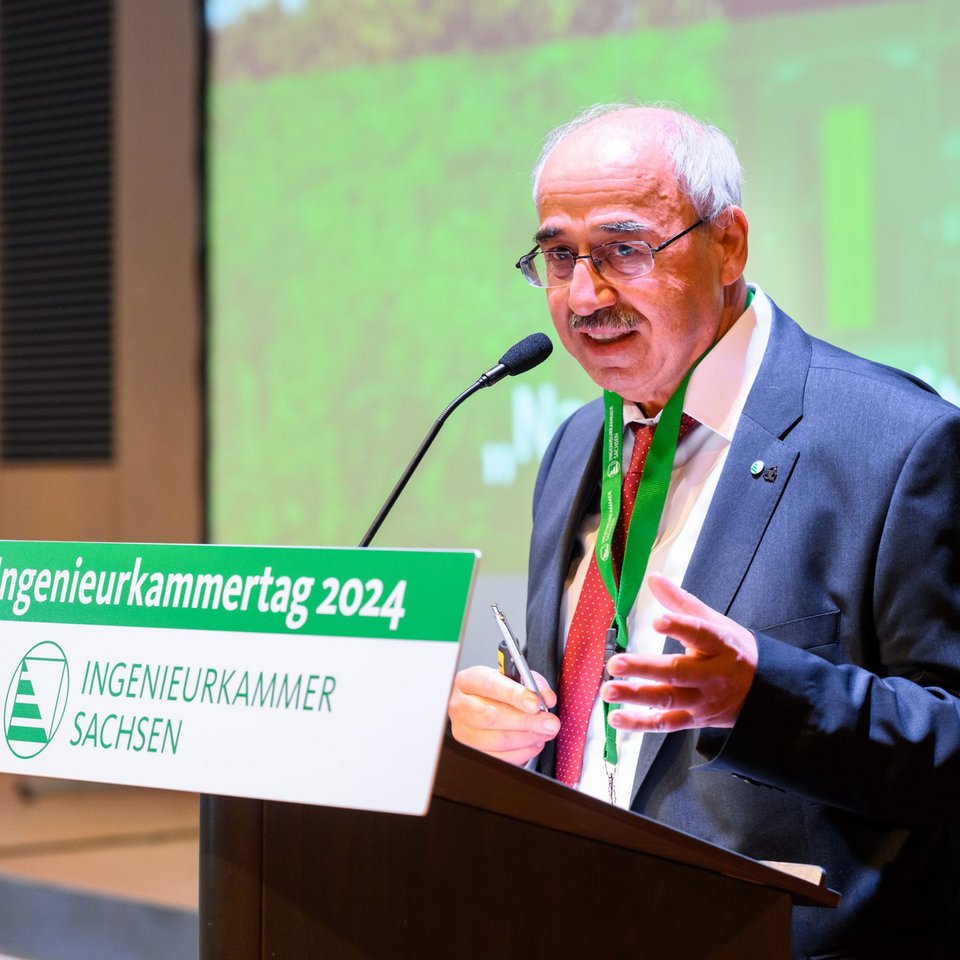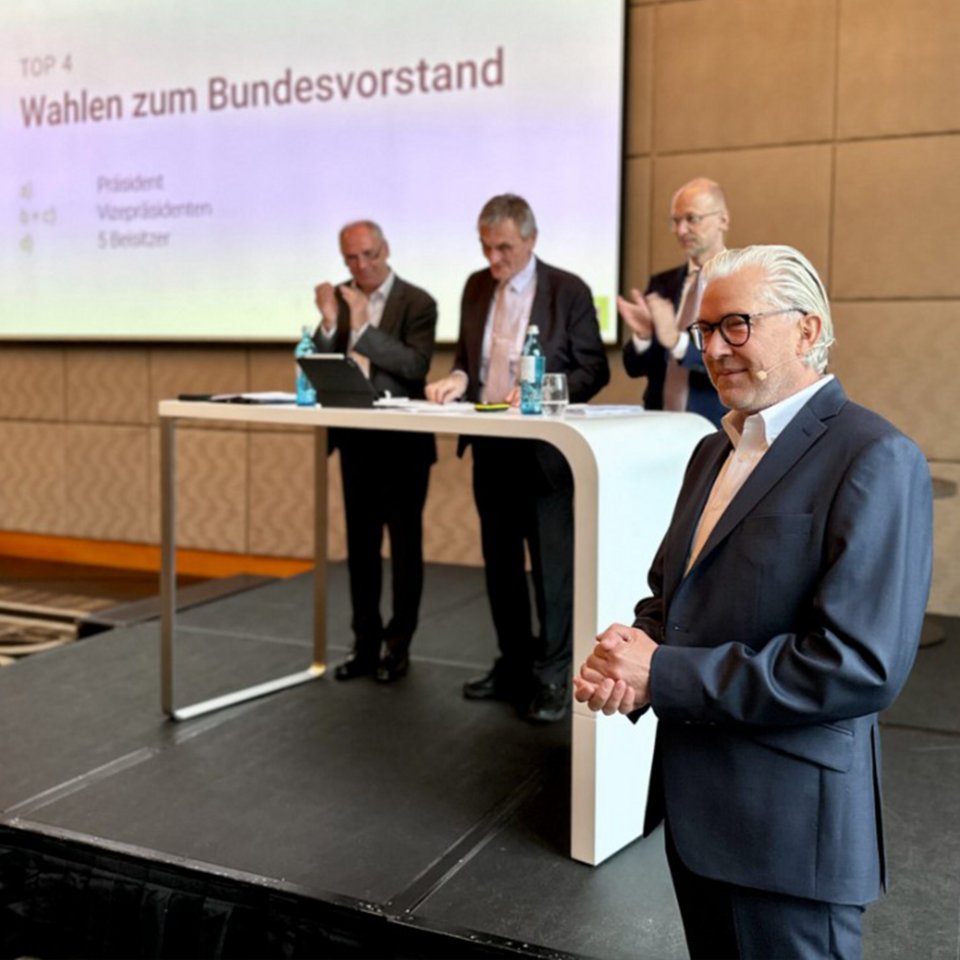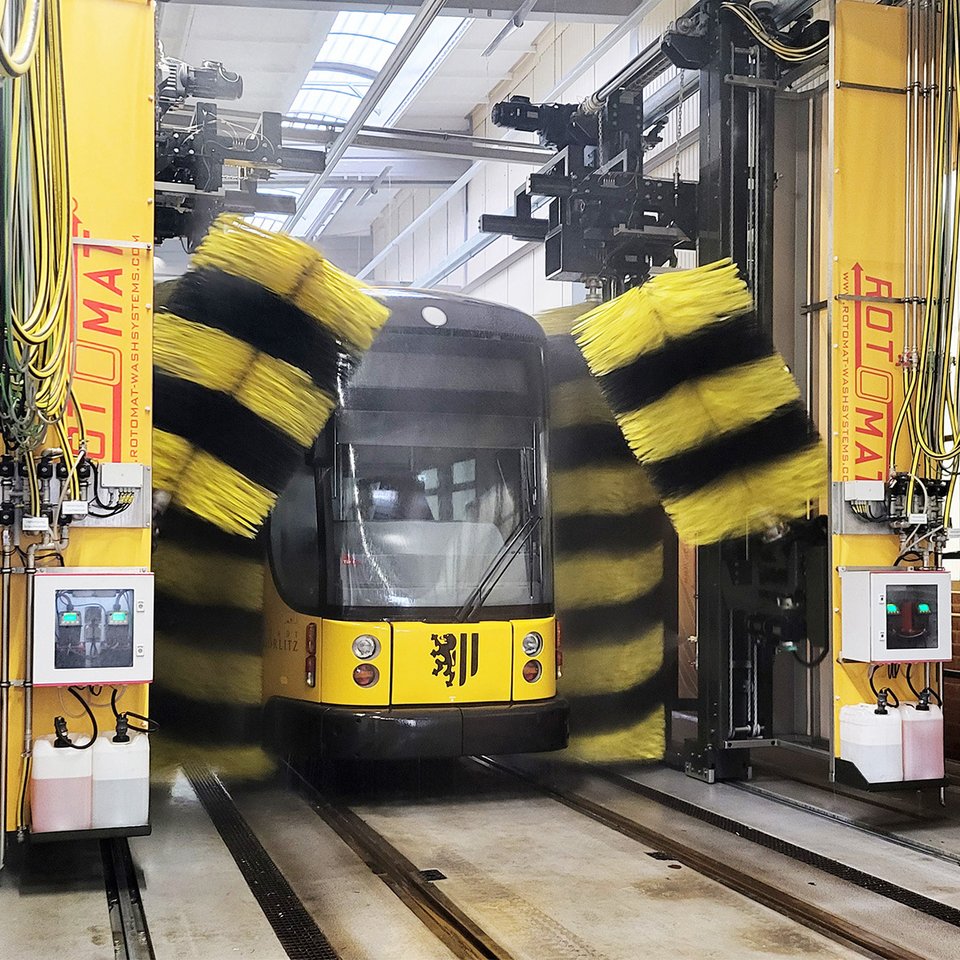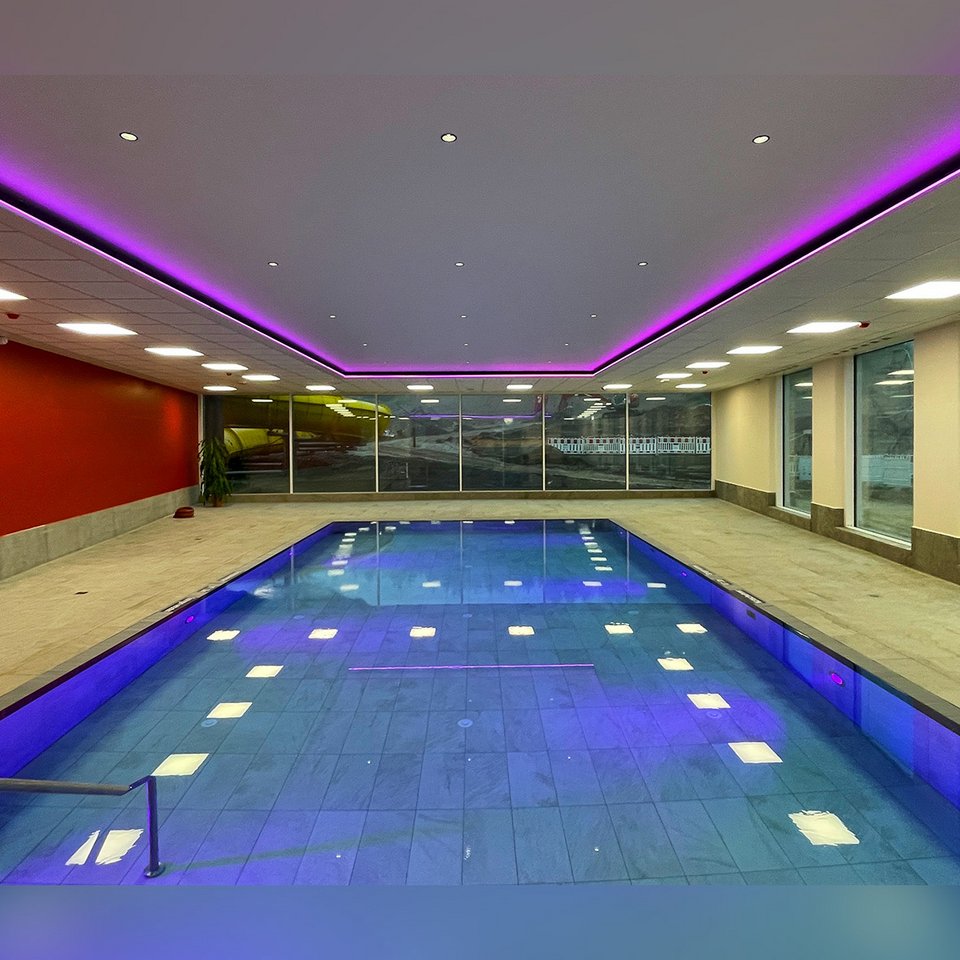The autonomous Kurdish region of Dohuk in northern Iraq has been dependent on humanitarian aid for years. Medical care plays a crucial role in meeting the needs of the large number of people there who are in need of help. As part of German refugee aid, a new trauma clinic at the Azadi Teaching Hospital in Dohuk has now been put into operation: After almost 5 years of construction, the hospital, which was financed by the German government with 18 million euros, has been fully available for the local population, refugees and displaced persons since the beginning of March 2023. iproplan® had been commissioned by the Gesellschaft für Internationale Zusammenarbeit (GIZ) with the general planning in partnership with the GFA Consulting Group.
High quality standards in hospital planning
Some of the greatest technical and construction challenges of the project lay in the implementation of European planning standards in all areas - but especially with regard to hygiene, fire protection or the supply of medical gases. Cooperation with selected local partners and Turkish construction companies ensured the necessary high standard here. This also applied to the supply of construction materials and a smooth construction process. The project required a high level of control and necessitated very detailed tenders and inspections. - As planners, we were therefore repeatedly on site in Iraq.
Sustainable effects for the Dohuk region
Nevertheless, only compliance with these overarching high quality standards will mean significantly improved medical care for around 2.5 million people in northern Iraq. Fully equipped for comprehensive emergency and critical care treatment, the clinic is now even able to perform neurosurgery and transplants, as well as extensive X-ray and ultrasound diagnostics. The clinic also has a high-performance laboratory and a central sterile supply system. Last but not least, the new accident clinic improves the working and living conditions for the staff employed there, who also receive targeted training with European support. Far beyond the planning and constructional realization of the project, this professional training now also makes it possible to provide psychosocial care for the people in the region, some of whom are severely traumatized. This, too, makes the project special: What we have planned as a hospital creates prospects, security and opportunities on the ground. We are proud that we were able to contribute to this with our know-how.
